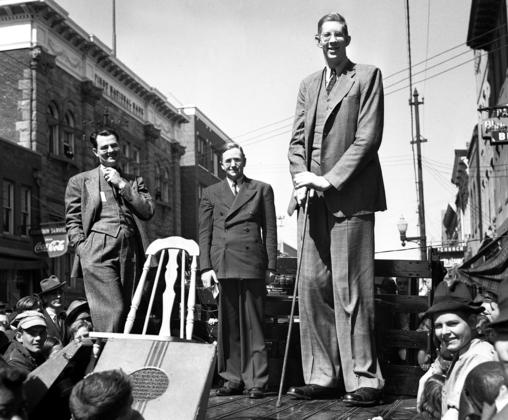In his latest Slate column, “Stunt the Growth,” Evgeny Morozov attempts to apply the “Degrowth Movement” of economics to technology. It seems to me pretty hopeless to suggest that we diminish the collateral damage of Big Data (government surveillance, corporations using our personal information for profit, etc.) by volunteering to accept inferior products and paying more for them (financially or otherwise). That’s not the way of markets nor do I think it’s the way of human nature. That’s not how to tame a giant.
Electric cars and solar power will only become predominant if they offer the same (or better) or better utility and price as their more environmentally wasteful competitors. In much the same way, people didn’t stick to buying newspapers in print because that was better for journalism and therefor better for democracy; they gravitated to the better publishing platform because it was the better publishing platform. If we want to curb technology’s ill effects then we can’t demand that people move backwards but that the products move forward. The answer, if it comes, will be borne of evolution, not devolution. From Morozov:
“Instead of challenging Silicon Valley on the specifics, why not just acknowledge that the benefits it offers are real—but, like an SUV or always-on air conditioning, they might not be worth the costs? Yes, the personalization of search can give us fabulous results, directing us to the nearest pizza joint in two seconds instead of five. But these three seconds in savings require a storage of data somewhere on Google’s servers. After Snowden, no one is really sure what exactly happens to that data and the many ways in which it can be abused.
For most people, Silicon Valley offers a great and convenient product. But if this great product will eventually smother the democratic system, then, perhaps, we should lower our expectations and accept the fact that two extra seconds of search—like a smaller and slower car—might be a reasonable price to pay for preserving the spaces where democratic politics can still flourish.”
Tags: Evgeny Morozov

